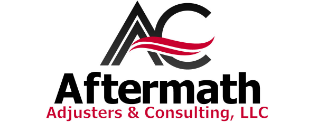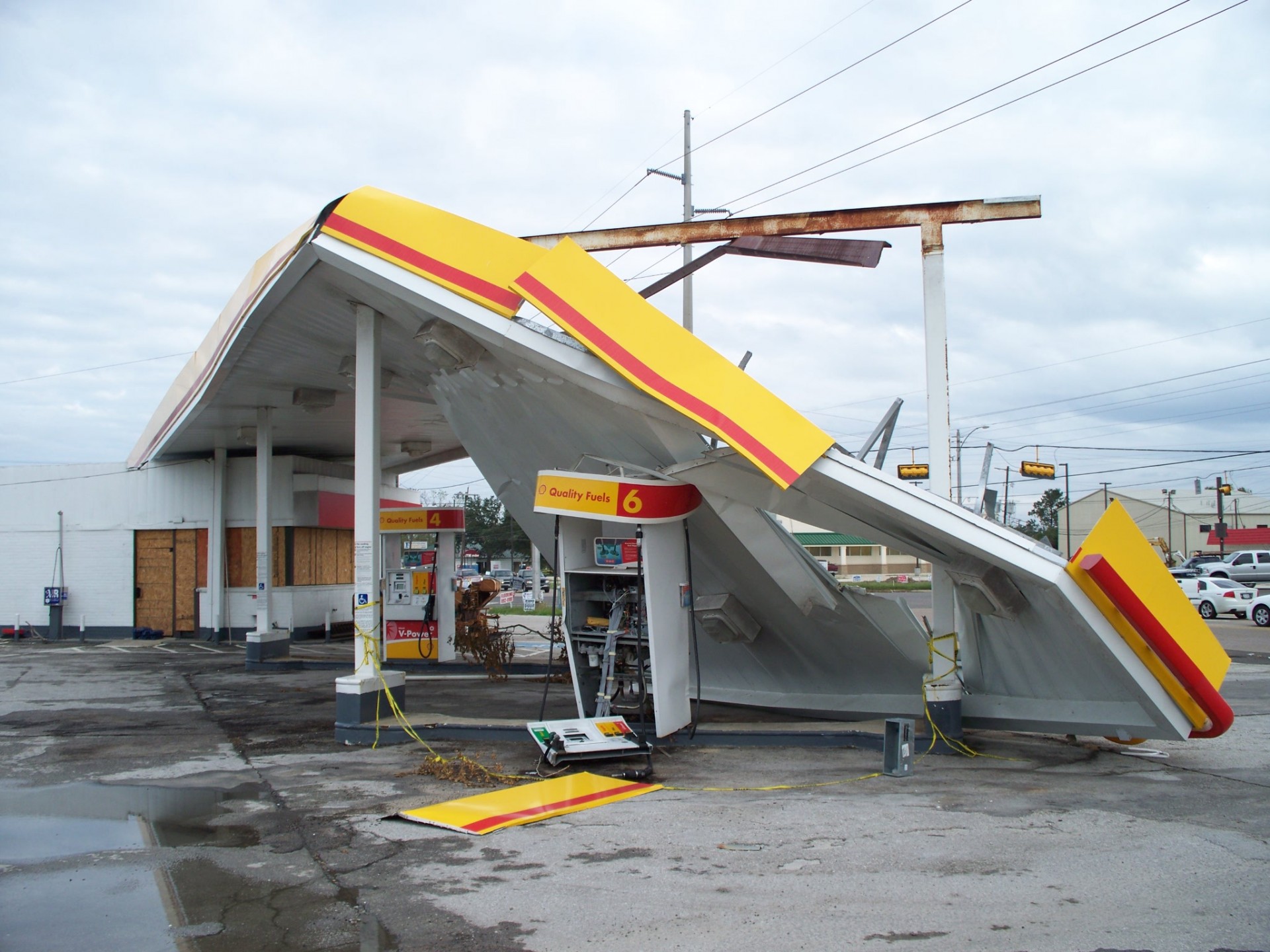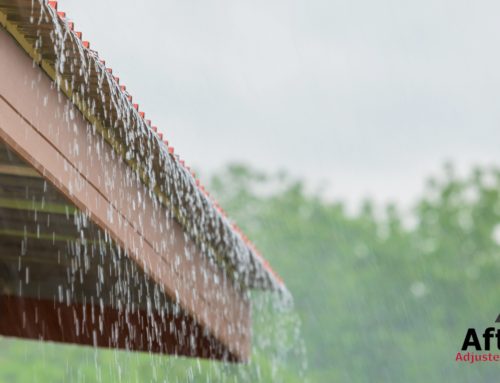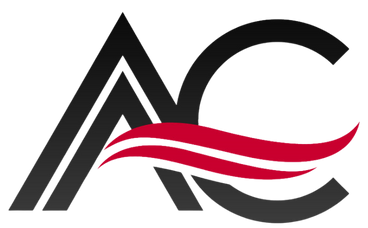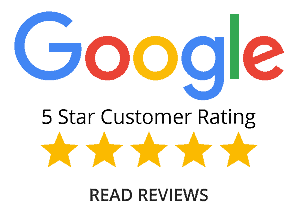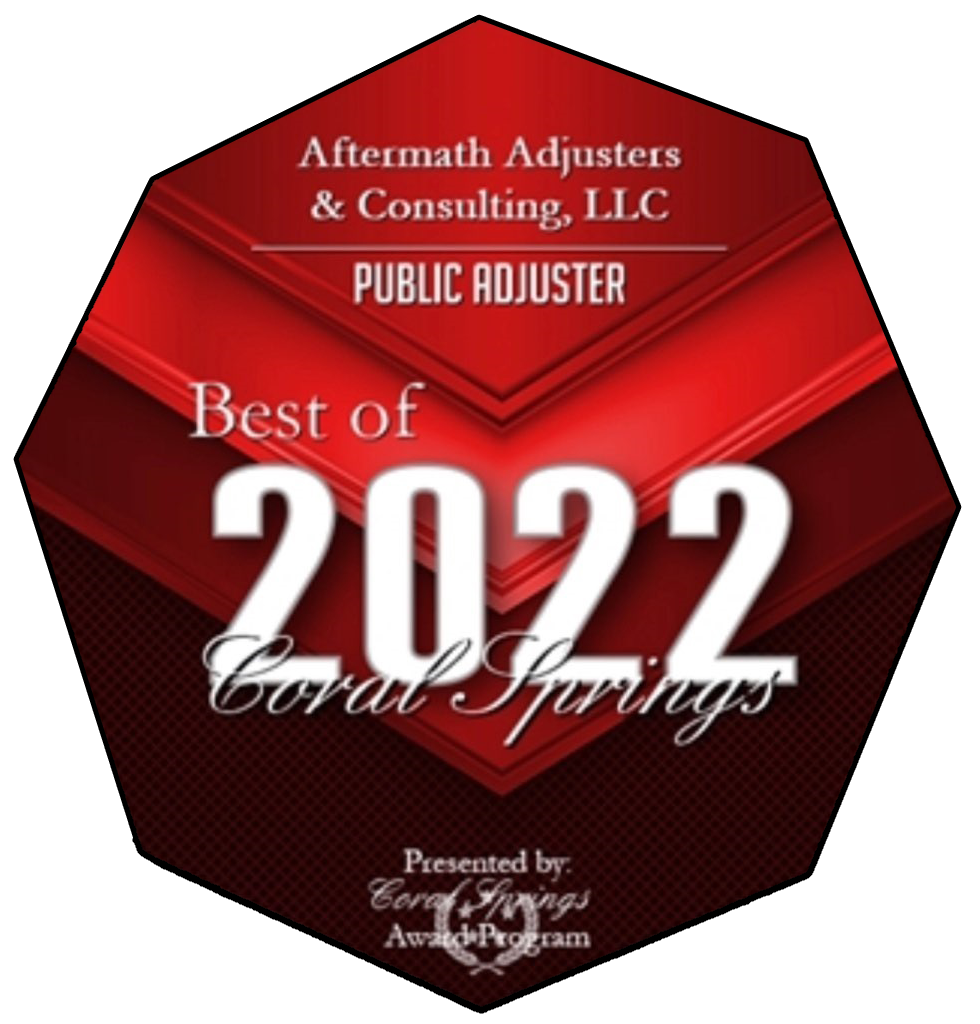Author: Junglecat; This file is licensed under the Creative Commons Attribution-Share Alike 3.0 Unported license.
If your business property has experienced damage, there are many reasons why you might decide to handle your insurance claim yourself. For example, you have a financial stake in the outcome of the claim. Also, you are familiar with the day-to-day operations and have a thorough knowledge of the property and your business.
These may seem like obvious reasons why you would manage the insurance claim on your own. However, being closely involved in the business operations makes it easier for you to make mistakes on your property insurance claim. You might overlook issues that would otherwise be obvious to an adjuster. Because of your financial interest in the settlement, your need for the money might overrule your ability to negotiate the best outcome for your claim. Here are several more reasons why hiring a public adjuster will be beneficial to you.
Not Understanding Your Policy
You may not know what your insurance policy does and does not cover unless you are a licensed insurance professional. Not knowing much about your policy can become a problem when working with your insurance carrier’s experienced adjuster. They will be willing to answer any questions you have, but you may not even know what questions to ask.
You might also miss important claim obligations or deadlines if you do not understand your duties, rights, and responsibilities after a loss.
Failure to Prevent Further Property Damage
Your Business owner’s insurance policy has a section titled “Duties In The Event Of Loss Or Damage.” In this section, one of your responsibilities is to “…take all reasonable steps to protect the Covered Property from further damage.” An example of this is when water is used to put out flames from a fire and drenches your business’ personal property. You will need to separate the soaked items from the dry ones to prevent rust, mildew, or mold. If you do not, and the undamaged property gets further damage, the “neglect” exclusion in your policy allows your insurer to refuse payment for those damages.
Lacking the Knowledge to Negotiate Your Insurance Claim
When your property claim is subject to a coinsurance penalty or depreciation, the settlement offer may be based partly on the insurance adjuster’s opinion.
Adjusters calculate actual cash value by using this formula: replacement cost-depreciation = ACV. Depreciation is based on the average life expectancy and age of the property. If your property was:
- In outstanding condition
- Had a high market value
- Rarely used
…then, the adjuster should consider a higher payment.
A coinsurance penalty will be applied by the adjuster if you have not insured your commercial property to at least 80% of its market value. To decide whether or not your property is underinsured, the adjuster will figure out its market value right before the damage occurred. Market value involves many factors based on opinion and leaves things up for negotiation.
Being Unfamiliar with Insurance Adjusters
An insurance adjuster will keep the insurance company’s interest in mind, making an effort to save money. They may give in on some parts of your claim, but will not budge on others. This can get aggravating, especially if you are not familiar with negotiation tactics. To get your maximum claim settlement, you may have to play the adjuster’s game.
Making the Best Choice
Handling your own insurance claim can result in costly mistakes, but it is important to remember there are other options. Aftermath Adjusters & Consulting consists of a highly trained team of public adjusters who are there to advocate for you. Hiring a public adjuster will give you peace of mind. You’ll have the assurance that an experienced professional will be handling the important claim tasks. They will deal with the commercial insurance adjuster and negotiate a fair settlement for you.
